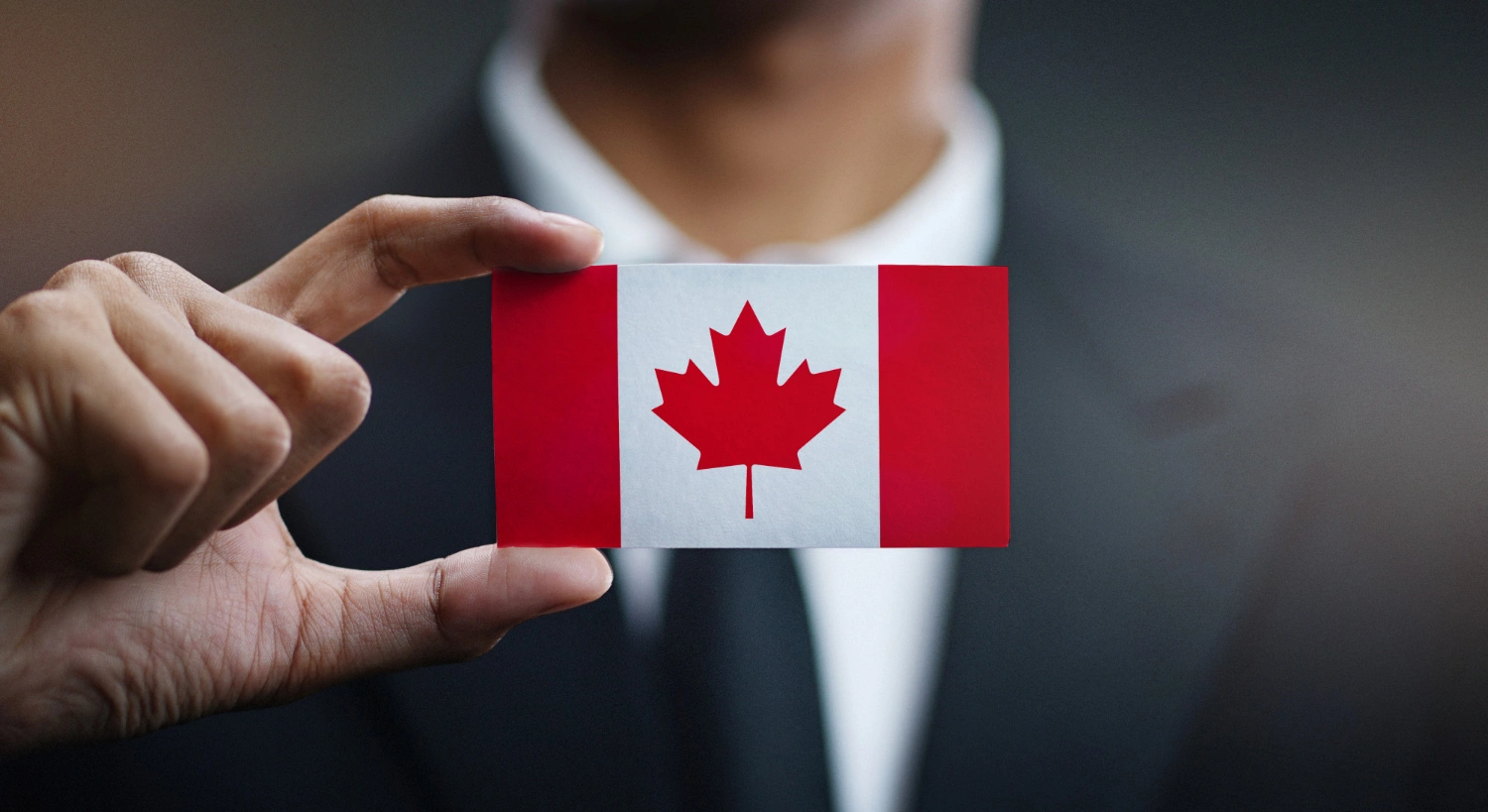
A Complete Guide to Filing Canadian Income Taxes: Who Needs to File and How
Filing income taxes in Canada is a crucial responsibility for residents, temporary workers, and even some visitors. Whether you’re a newcomer, an international student, or a long-term resident, understanding tax obligations can help you avoid penalties and access government benefits. This guide will provide a detailed overview of who needs to file taxes in Canada, the benefits of filing, and how to navigate the process efficiently.
Who Needs to File Canadian Income Taxes?
If you have earned income in 2024 and maintain residential ties to Canada, you are likely required to file a tax return in 2025. The Canada Revenue Agency (CRA) determines tax residency based on various factors, not just your immigration status.
Tax Residency in Canada
Your tax residency status depends on your residential ties to Canada. These are divided into primary and secondary ties:
Primary Residential Ties:
- Owning or renting a home in Canada.
- Having a spouse or common-law partner in Canada.
- Having dependents who live in Canada.
Secondary Residential Ties:
- Possessing personal property in Canada (e.g., car, furniture).
- Having Canadian social ties (e.g., membership in local organizations or clubs).
- Holding financial assets such as a Canadian bank account or credit card.
- Possessing provincial health insurance coverage.
- Holding a Canadian driver’s license or passport.
Most temporary residents, including foreign workers and international students who primarily live in Canada, will be considered tax residents. To determine your residency status, refer to CRA’s Income Tax Folio S5-F1-C1, Determining an Individual’s Residence Status, or contact CRA at 1-800-959-8281.
Who Is Legally Required to File Taxes?
If you are a tax resident of Canada, you must file a tax return if any of the following apply:
- You have to pay tax for the year.
- You earned income exceeding $3,500.
- You sold capital property (including your primary residence).
- You realized a taxable capital gain.
- You need to repay Employment Insurance (EI) benefits.
- You withdrew from your Registered Retirement Savings Plan (RRSP) under the Home Buyer’s Plan or Lifelong Learning Plan and haven’t repaid the full amount.
- You must repay Old Age Security (OAS) benefits.
- You are paying EI premiums on self-employment income or other eligible earnings.
Even if you haven’t earned income, filing a tax return can be beneficial, as it grants access to government benefits.
Benefits of Filing a Tax Return (Even If Not Required)
Filing a tax return isn’t just about meeting legal obligations. It also opens doors to government benefits and tax credits. Some of the key benefits include:
Federal Benefits and Credits
| Benefit | Who Qualifies? | Maximum Annual Amount |
| Canada Carbon Rebate | Residents aged 19+ (except BC & Quebec) | $380 – $900 (varies by province) |
| Canada Child Benefit (CCB) | Parents with children under 18 (includes newcomers who’ve lived in Canada for 18+ months) | $7,787 per child under 6, $6,570 per child aged 6-17 |
| Canada Worker’s Benefit (CWB) | Low-income workers aged 19+ (not full-time students) | $1,590 (single), $2,739 (family) |
| GST/HST Credit | Individuals aged 19+ | $519 (single), $680 (married) |
Additional provincial benefits may also be available depending on where you reside.
Newcomer Benefits
If you are new to Canada, you can apply for benefits in your first year by submitting the necessary forms to the CRA. In subsequent years, you must file a tax return to continue receiving these benefits.
How to File Your Canadian Tax Return
You can file your tax return in one of the following ways:
- Online Filing: The most popular method. You can use CRA-certified tax software, such as TurboTax, Wealthsimple Tax, or UFile, to submit your return electronically.
- Paper Filing: You can mail a completed tax return to the CRA, though this method takes longer to process.
- Professional Tax Preparers: Many Canadians hire accountants or tax preparation services to ensure accuracy and maximize their refunds.
- Volunteer Tax Clinics: If you have a modest income and a simple tax situation, you can access free tax preparation services through community organizations.
Key Tax Deadlines for 2025
The deadline to file your 2024 income tax return is April 30, 2025. If you owe taxes, payments must also be made by this date to avoid penalties and interest charges.
Final Thoughts
Filing a tax return in Canada is essential for maintaining compliance with tax laws and accessing valuable financial benefits. Understanding tax residency rules, legal filing requirements, and available government benefits can help you navigate the process efficiently. If you’re uncertain about your tax obligations, consider consulting a tax professional or reaching out to the CRA for guidance.








